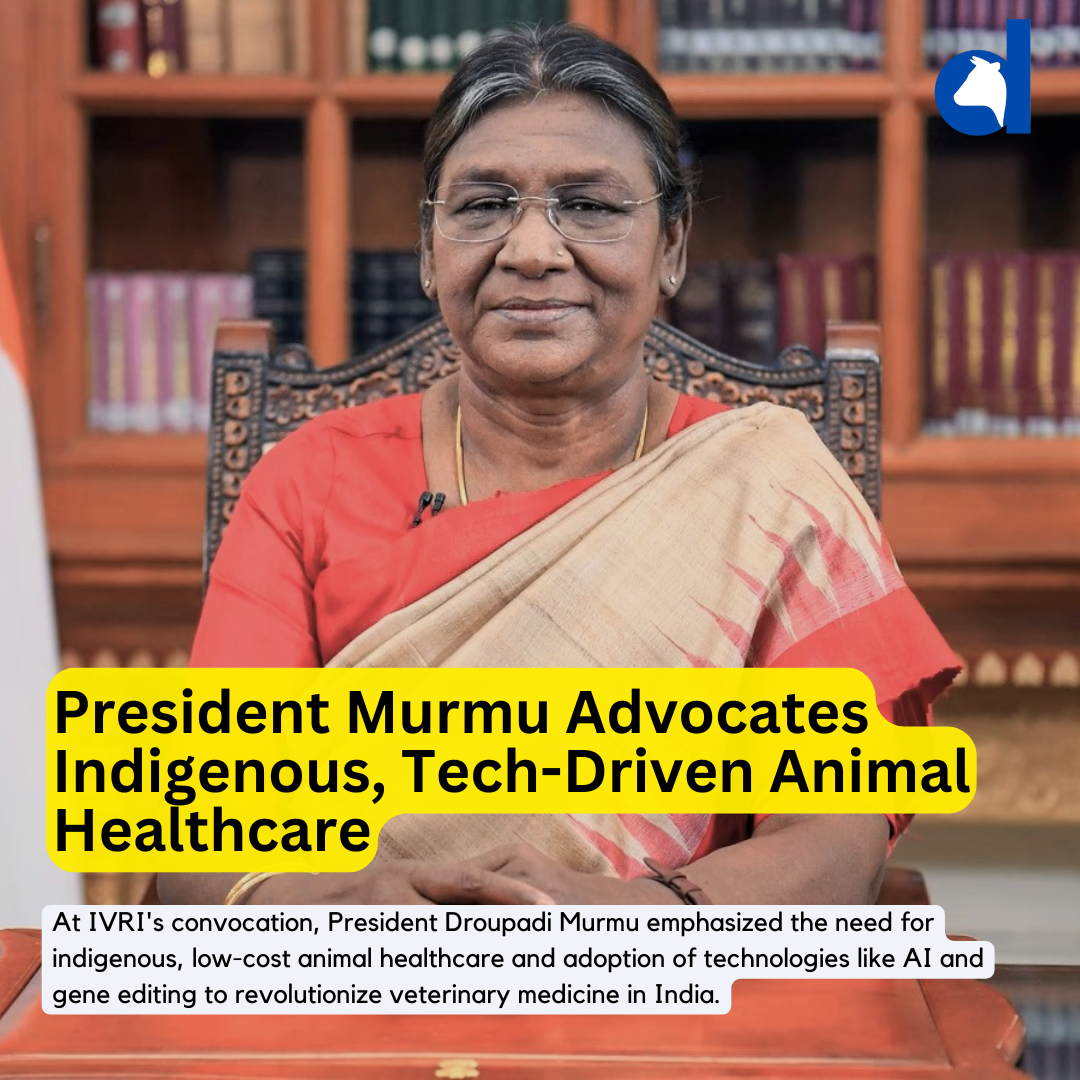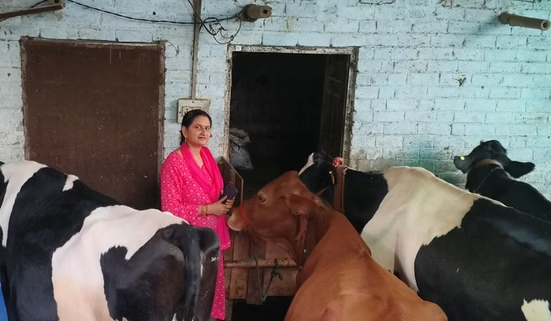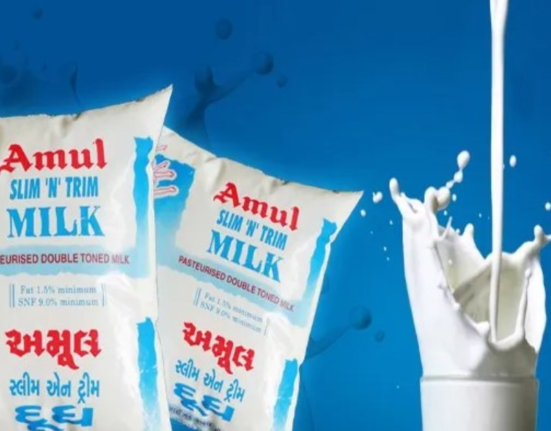Bareilly, Uttar Pradesh — June 30, 2025: In a compelling address at the convocation ceremony of the Indian Veterinary Research Institute (IVRI), President Droupadi Murmu called for a transformative shift in India’s animal healthcare sector, emphasising indigenous, low-cost, and side-effect-free treatments.
Speaking to students, researchers, and dignitaries, President Murmu emphasised the urgent need to develop alternative veterinary solutions that avoid harmful chemical residues, affecting not only animals but also human health and the environment. “India must innovate animal treatments that are rooted in indigenous knowledge, cost-effective, and safe,” she said.
She also advocated for the use of frontier technologies, such as gene editing, artificial intelligence (AI), embryo transfer, and big data analytics, to modernise veterinary medicine in India. “Technology holds the power to revolutionise veterinary care just as it has transformed human healthcare,” she added.
The President emphasised that advanced technologies could enhance disease detection, enable precision animal care, and expand the capabilities of veterinary hospitals nationwide. She highlighted zoonotic disease control and biodiversity conservation as key areas where India could lead with innovation.
Referencing India’s cultural ethos, President Murmu said, “Indian traditions teach us to see the divine in all living beings. As stewards of this Earth, humans have a responsibility to protect and care for animals with compassion and intelligence.”
Addressing the critical role of animal species in ecological balance, she pointed to the decline of vultures as an example of how chemical-based veterinary drugs can have unintended consequences. “It’s essential to develop medications that do not contribute to species extinction,” she urged.
Celebrating IVRI’s 135-year legacy since its inception in 1889, President Murmu recognised the institute’s contributions to India’s animal health sector. She encouraged graduates to venture into veterinary entrepreneurship and establish innovative start-ups in animal sciences, promising both economic and societal benefits.
“The future of Indian dairy and livestock sectors depends on young veterinarians who combine scientific knowledge with sustainable and ethical practices,” she concluded.
IVRI remains a cornerstone of India’s veterinary research and education, particularly in advancing animal health, preventing zoonotic diseases, and promoting sustainable dairy farming practices.








1 Comment